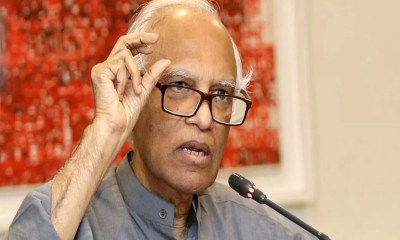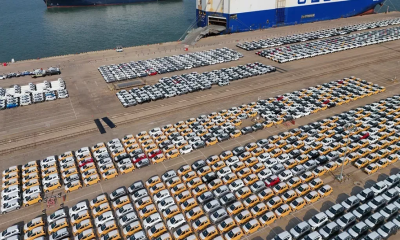The deadliest fire to hit the Chinese capital in two decades killed 29 people in a hospital Tuesday, but most people didn’t hear about it until several hours later, and even then the details were slim as authorities kept a tight lid on details.
As flames tore through the Changfeng Hospital in Fengtai district from around 1 p.m. Tuesday, forcing some to desperately clamber out of windows and huddle on air conditioning units, state media kept silent and censors appeared to scrub the internet of any mentions.
The extent of information control and censorship came as a shock to internet users, as well as Beijing residents, many of whom complained online that they had no idea a deadly fire had erupted in their city until late on Tuesday night.
On Wednesday, Beijing officials offered more details about the fire during a news conference, which was delayed for half an hour and lasted less than 20 minutes.
The blaze that engulfed an inpatient building of Changfeng Hospital was caused by sparks from interior renovation work that ignited flammable paint, said Zhao Yang, an official at Beijing’s fire department, on Wednesday.
Twelve people were detained on suspicion of gross negligence, including the hospital’s director and construction workers, said Sun Haitao, an official with the Beijing Public Security Bureau.
In videos shared on social media Tuesday – before they were censored – smoke could be seen billowing out of several hospital windows as people desperately attempted to escape the blaze. At least one person appeared to use a rope made from bedsheets to descend from a window onto a lower level terrace.
Others were seen either huddling on air conditioning units positioned on the exterior of the building, or trying to use the units to maneuver themselves from one level to the next. One person was seen jumping from one level of the building to the lower terrace.
The blaze is the most deadly in Beijing in recent years, surpassing the toll from a fire in 2017 that killed 19 in a cramped two-story building in Daxing district in the capital’s southern suburb.
It’s also one of the most heavily censored incidents in recent years – and a sign of the tightening controls on media in China under leader Xi Jinping, the country’s most authoritarian leader in a generation.



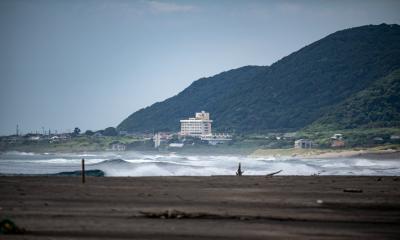
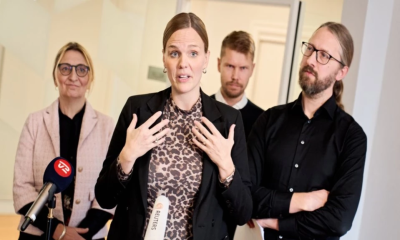
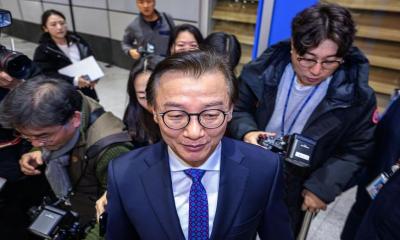
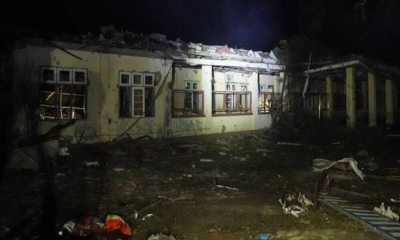
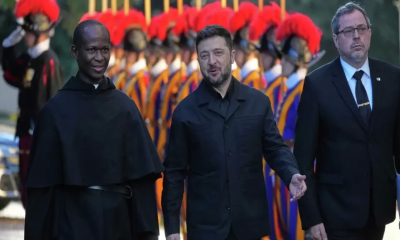

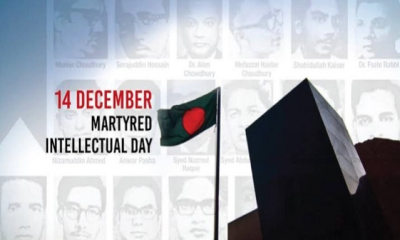
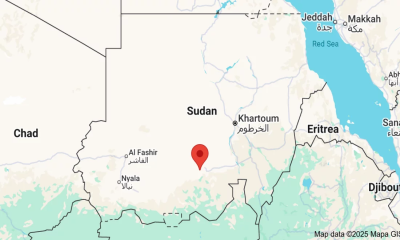
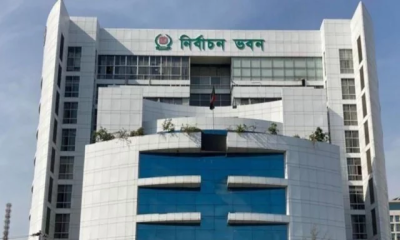
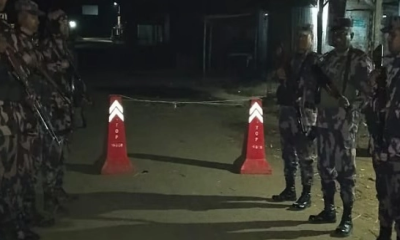
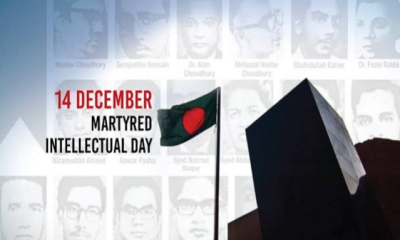
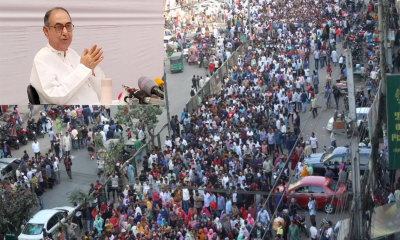
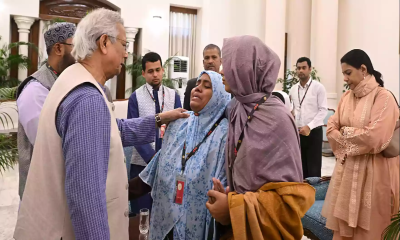
-20251213120612.webp)
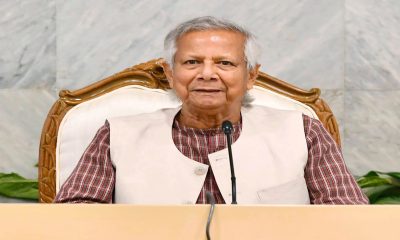
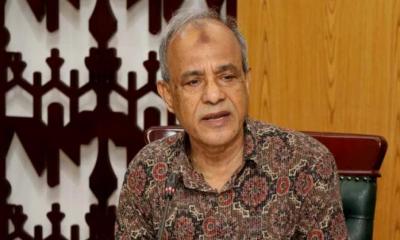
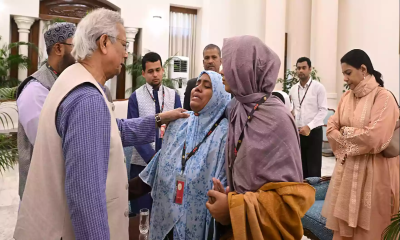
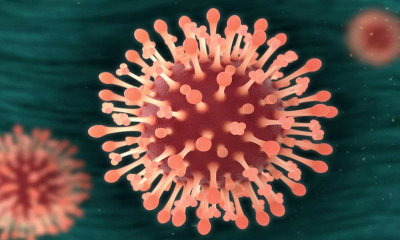
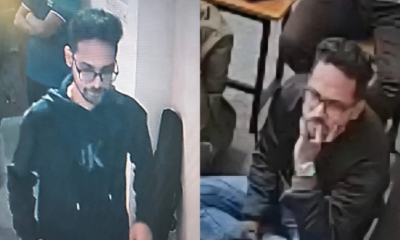
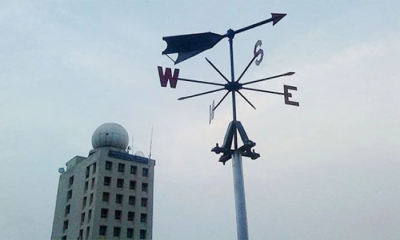
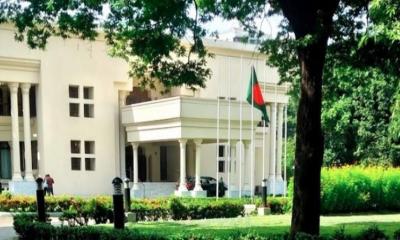
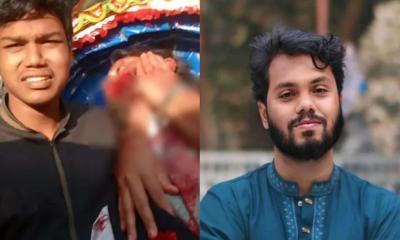

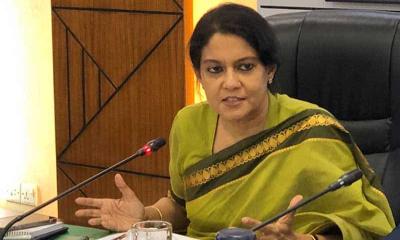
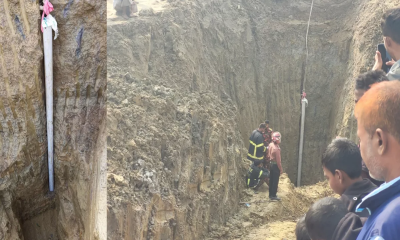
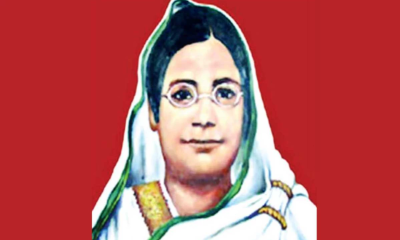


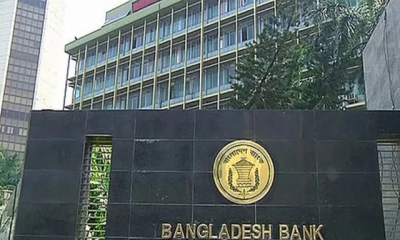
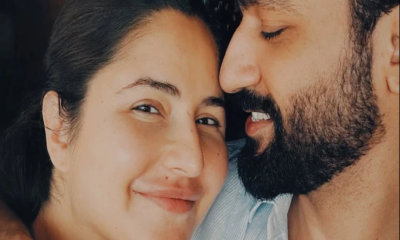
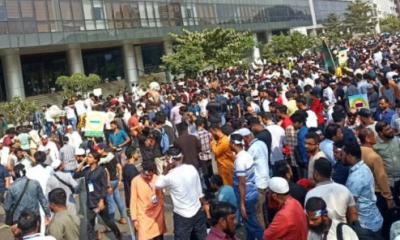
-20251207131533.jpg)

